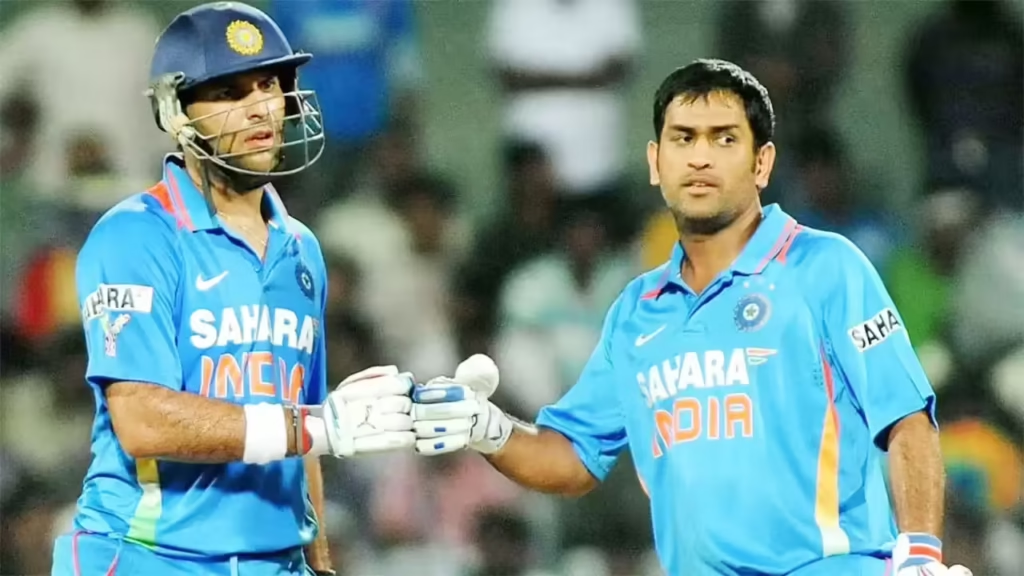Now Reading: India Sends Avesh Khan Home After 1st Test Loss to England: What This Move Signals
-
01
India Sends Avesh Khan Home After 1st Test Loss to England: What This Move Signals
India Sends Avesh Khan Home After 1st Test Loss to England: What This Move Signals

After India’s unexpected loss to England in the opening Test of the five-match series, pacer Avesh Khan has been released from the squad and sent back home. The move, announced shortly after the defeat, has stirred discussion within cricket circles, especially among fans and analysts from India’s growing cricket hubs beyond the metros.
Decision Taken Post First Test Loss
India’s defeat at the hands of England in the first Test raised several questions about team composition and bowling strategy. Although Avesh Khan was part of the squad as a backup seamer, he didn’t make it into the playing XI. Following the loss, the management decided to release him, citing “team balance” and “limited need for extra pacers in Indian conditions” as key reasons.
Avesh’s Journey and Role in the Squad
Avesh Khan, who has impressed in domestic cricket and the IPL, was seen as a promising reserve bowler for the longer format. However, with India traditionally relying more on spin-friendly attacks during home Test matches, his chances of playing were slim unless injuries occurred. This isn’t the first time a pacer has been dropped from the squad under such tactical planning.
The decision does not reflect on his performance but on team dynamics, especially when matches are played on spin-friendly pitches in venues like Vizag, Ranchi, or Rajkot—cities where spinners dominate the narrative.
Reactions from Tier 2 Cities
In cities like Indore—Avesh’s hometown—fans have expressed both disappointment and pride. Local coaches and young cricketers consider him a role model and believe this is just a short break. In similar Tier 2 cities, where cricket is growing rapidly through academies and league setups, his journey continues to inspire aspiring fast bowlers.
Social media saw a flurry of support, with many highlighting that he remains in contention for future matches, especially if the team travels abroad or if there are injuries mid-series.
What This Means for Team India
With pitches expected to aid spin in the upcoming Tests, the squad could now see more reliance on spinners and all-rounders. The move to release Avesh may also open the door for India to test other specialists or add a batting backup depending on match situations.
The team still has the likes of Jasprit Bumrah and Mohammed Siraj, who will continue to lead the pace attack if needed, especially in reverse-swing-friendly conditions.
Conclusion
Sending Avesh Khan home may appear abrupt, but it reflects India’s tactical flexibility during home series. While the loss in the first Test stings, the team seems focused on recalibrating quickly. For rising cricketers from Tier 2 cities, Avesh’s presence in the national squad—however brief—shows that hard work pays off, and that a return to the side is always one performance away.

























